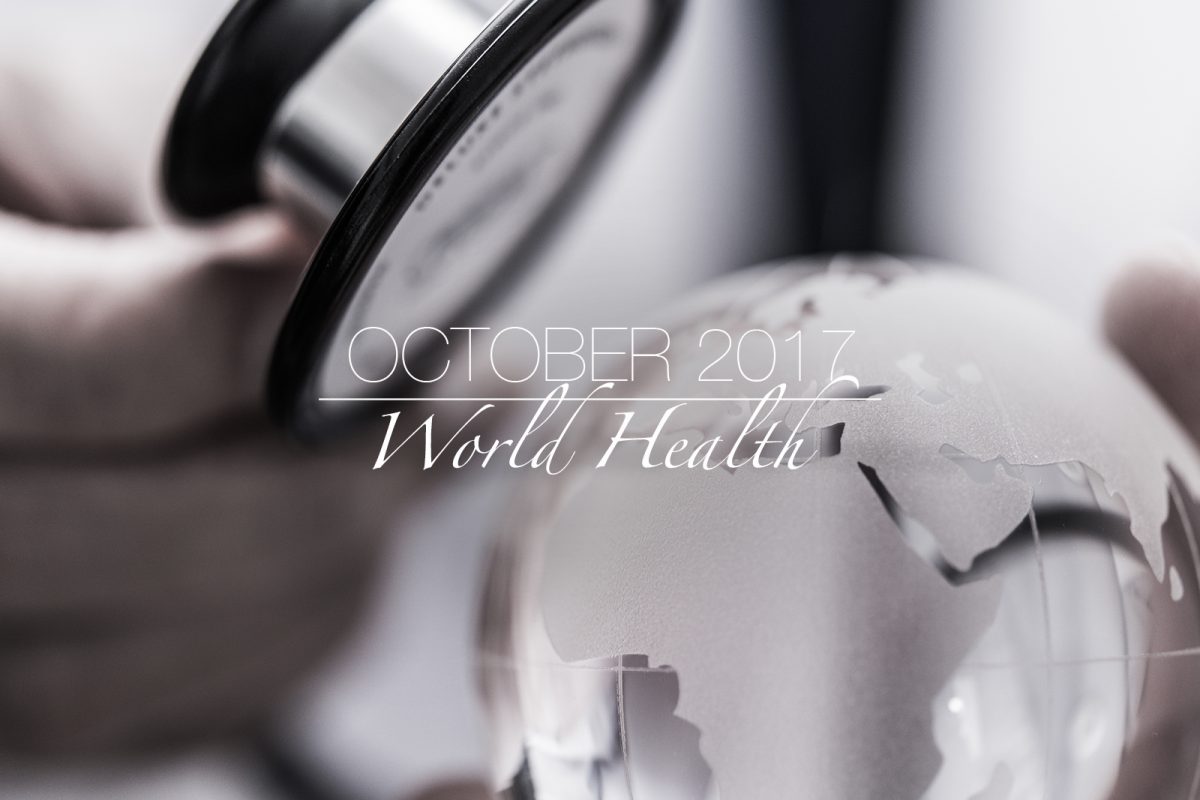Does dental health affect our overall health?

Dental, or oral, health is an often-overlooked aspect of total health. Healthy teeth and gums do more than help us look good; they actually promote health, and when not cared for, they put the whole body at risk. Dental, or oral, pain, or difficulty eating, chewing, smiling, and communicating because of missing or sick teeth and gums, can seriously affect a person’s daily life and well-being.
In recent years research strongly suggests that oral health and overall health are closely linked. Current evidence supports a link between gum disease and cardiovascular disease, type 2 diabetes, adverse pregnancy outcomes, and osteoporosis.
Common gum diseases involve an inflammatory process in the tissues surrounding the teeth in response to a buildup of bacteria, also known as dental plaque, on the teeth. As bacteria accumulate in tiny pockets around the teeth, they cause inflammation. The inflammation can range from mild to severe. Gingivitis in the mildest form affects about 75 percent of adults in the United States. It causes redness, swelling, and bleeding of the gums, especially when brushing your teeth. In the United States about 30 percent of adults have moderate disease, and 10 percent have advanced disease. Worldwide the severest forms affect about 15 percent of the population.
Inflammation in the gums, or periodontitis, sets the stage for inflammatory reactions throughout the body and is thought to be the way in which oral conditions affect overall health. In the other direction, any systemic medical condition that triggers the body’s immune defense mechanisms, such as diabetes, HIV/AIDS, and white blood cell disorders, can promote periodontal disease.
As with many areas of the body, bacteria live in the mouth. These bacteria are typically harmless and not troublesome. When there is inadequate or improper hygiene, however, bacterial colonies can reach concentration levels that may lead to oral infections such as tooth decay and periodontal disease. Some medications used to treat systemic health problems can reduce the flow of saliva and thus limit the body’s ability to wash away oral food particles, which can slow down the neutralization of bacteria and acid in the mouth—natural processes that protect the mouth from microbial overgrowth and even invasion. Examples of such medications include analgesics, antihistamines, nasal decongestants, diuretics, and antidepressants. Chronic, progressive bacterial infection of the gums also leads to bone destruction around the teeth, loss of attachment of the teeth, and eventually tooth loss.
Unhealthy lifestyle habits, such as poor diet, nutrition, and oral hygiene, as well as the use of tobacco and alcohol, can increase the risk of periodontal disease. Other contributors can include pregnancy, steroid or oral contraceptive use, anti-epilepsy medications, cancer chemotherapeutic agents (although careful dental hygiene practices will enhance protection when the previously mentioned medications are needed and during pregnancy), poorly fitted bridges, crooked teeth, and loose fillings. Limited availability of or access to oral health services and not just poor living conditions can contribute to poor oral health. Tobacco in any form in combination with the use of alcohol is responsible for many cases of oral cancer and more than half the cases of adult gum disease. Areca nut chewing, along with alcohol and tobacco, pushes the cancer risk even higher.
To protect and promote oral health and prevent unnecessary suffering, it is important to develop sound daily oral hygienic practices: twice daily teeth brushing with appropriate toothpaste and an effective toothbrush; daily dental flossing, especially before bed; avoidance of sugary snacks and drinks, tobacco, and acidic chemicals; and regular dental checkups and teeth cleanings. Investing in oral hygiene pays dividends in oral and systemic health. There is no good health without oral health!
Peter N. Landless, a board-certified nuclear cardiologist, is director of Adventist Health Ministries at the General Conference.
Zeno L. Charles-Marcel, a board-certified internist, is an associate director of Adventist Health Ministries at the General Conference.








